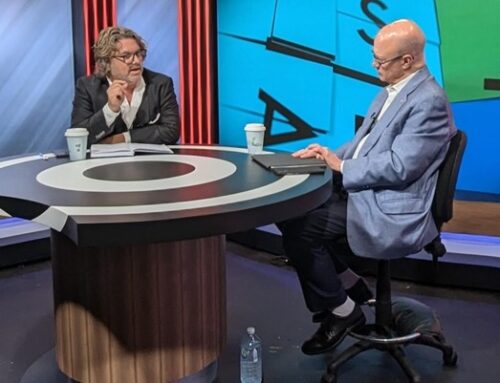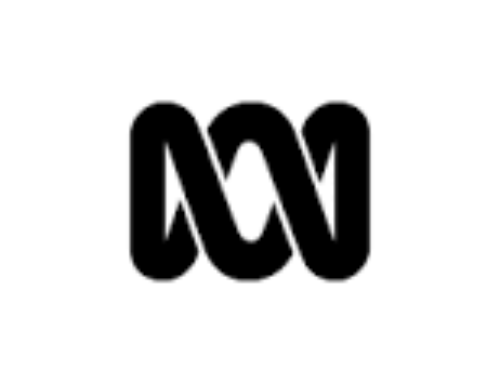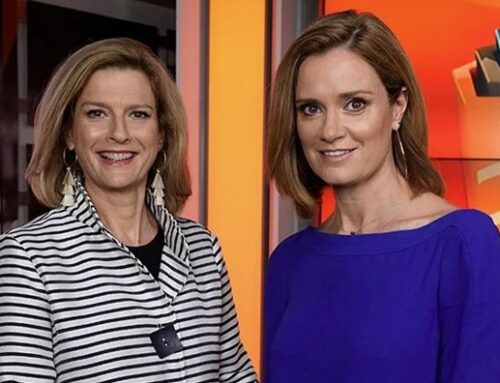PEARLS AND IRRITATIONS -John Menadue’s Public Policy Journal

Geoff Davis September 23, 2023
The ‘disinformation’ (read: lies and bullshit) being propagated about the indigenous Voice to Parliament by the Murdoch media, among others, harms our society. It promotes division, celebrates and cultivates ignorance and bigotry, oppresses a minority and diminishes us all. Why do we tolerate such behaviour?
Such News Corp behaviour has become normal. Any person or any cause that meets with the disapproval of the Murdoch media clique is likely to be subjected to a vendetta of personal attacks, innuendo, distortion, and dog-whistling. This includes overt political involvement targeting any parties and politicians deemed to be to the ‘left’ of the self-interested, extreme-right News Corp view of the world. Former Prime Ministers Kevin Rudd and Malcolm Turnbull have called for a Royal Commission into the Murdoch media’s abuses of their position.
The other mainstream media are only marginally better. The traditional focus on sensation and conflict divides us against each other. A simplistic approach to providing ‘balance’, for example regarding global warming, commonly elevates the voices of a few dissenters and creates a false impression that expert opinion is much more divided than it really is. The same is true in the current debate over the Voice to Parliament.
Australians are sometimes said to be conservative, but more careful studies show we are more tolerant, compassionate and peace-loving than the current political milieu. The reason for this divergence is the saturation coverage given to right-wing views.
The mainstream media have done great harm to many people and institutions. With their collusion, our democratic system is corrupt, the old parties are effectively captured by wealthy special interests, and young people increasingly question the value of bothering to be politically or socially involved.
Similar symptoms are evident in the other countries where News Corp plies its trade, the UK and the US. The UK is in at least as much disarray as we are, and the US is much worse, with one attempted civil insurrection already and internal discord verging on low-grade civil war.
Many countries are not so divided. The Netherlands, for example, has no ‘tabloid’ media and they are rather more sensible about running their society. Australia’s situation is the result of a long-term feedback between a poorly informed and anxious section of our society and media that cultivate sensation and bigotry for profit.
If the mainstream media do so much harm, why do we tolerate their misbehaviour? The main reason is that if one raises the possibility of moderating or disallowing such behaviour the immediate cry is that freedom of the press is sacred and any deviation from it will turn us into North Korea. But is that a relevant response to our present situation?
The ideal of freedom of the press refers to a mythical state in which many citizens monitor the behaviour of government and keep it honest. In practice this has rarely involved more than a handful of publications doing the probing and, notionally, keeping us informed. Those publications long-since reached a scale such that only the very rich could afford to run one. ‘Freedom of the press’ is used as a cover for freedom of the press barons.
The result in practice has been that the media have traditionally had a right-wing bias, and they have promoted sensation, controversy and outrage as part of their business model. Thus even without the overt political and social interference by the Murdoch media our societies have been more conflicted and governments have been more right-wing than would be true without the baleful influence of commercial media.
It is worse than that in Australia because there is a high degree of collusion between the commercial media and the old political parties. There are many topics that are not reported or examined in the detail they deserve, such as the way the US has been goading Russia and China towards war, the US infiltration of our national security organisations, or Labor’s continuing promotion of fossil fuels.
The commercial media are parasites that inject toxins into our social and political discourse. We need to acknowledge and address the disease if we are to retrieve something like the open society we claim to be. This means actively policing the media, and either calling out or punishing destructive behaviour.
We could start with policing quite basic requirements of journalism, such as keeping reporting and commentary clearly separated, and not propagating obvious falsehoods. Even this very modest possibility is met with mock horror, wounded innocence, pontifications about Quality Press and dark mutterings about North Korea.
We need a vigorous discussion, in those few small places where it can still be held, like Pearls and Irritations, Crikey, Michael West Media or Independent Australia, on how to restrain the excesses of concentrated commercial media and how to enable the open, undistorted debate that we should routinely be able to have in a properly free society.
Perhaps the kind of internet platform advocated by Bronwyn Kelly, to jointly create a description of the kind of society we would like to be, is a useful possibility. Media owned collectively by their customers are another important possibility.




